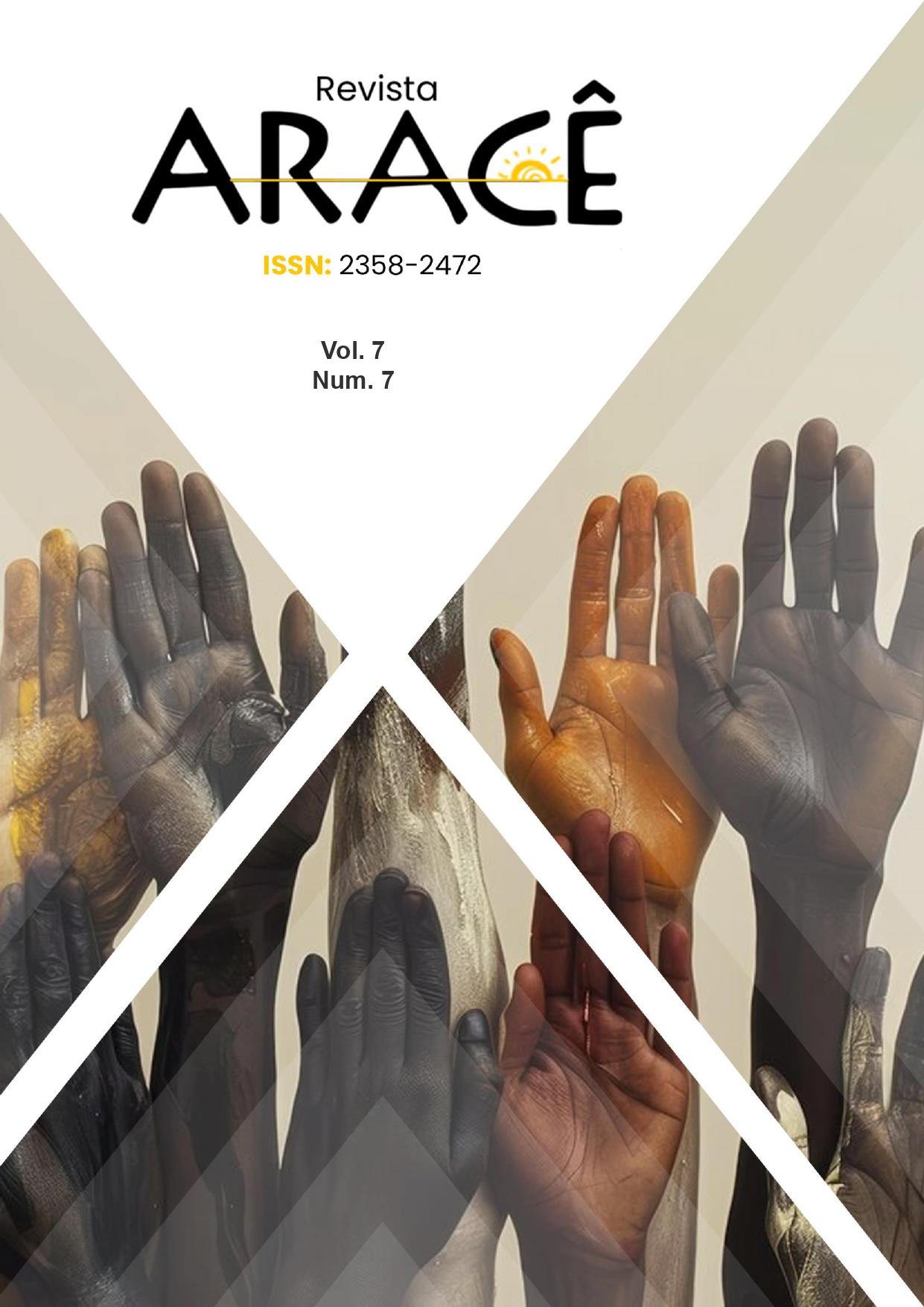EDUCAÇÃO NA ERA DA INTELIGÊNCIA ARTIFICIAL: ENTRE A INOVAÇÃO E A DESUMANIZAÇÃO DO ENSINO
DOI:
https://doi.org/10.56238/arev7n7-016Palavras-chave:
Inteligência Artificial na Educação, Humanização do Ensino, Viés Algorítmico, Privatização da Educação, Pedagogias Críticas DigitaisResumo
Este artigo examina criticamente os impactos da inteligência artificial e das tecnologias digitais na educação, equilibrando suas promessas com seus riscos. Embora a IA ofereça benefícios como personalização do ensino e ampliação do acesso, seu uso indiscriminado traz graves consequências: erosão das relações pedagógicas, perda de autonomia educacional para corporações tecnológicas, reforço de desigualdades através de vieses algorítmicos e danos à saúde mental de estudantes e professores. Analisando casos concretos de falhas tecnológicas e resistências organizadas por educadores, o texto demonstra como a substituição de processos humanos por algoritmos compromete a qualidade educacional. Como alternativa, propõe-se um modelo de integração crítica da tecnologia, onde ferramentas digitais servem como complemento - não substituto - à mediação docente. Experiências inspiradoras em pedagogias híbridas, slow tech e alfabetização midiática mostram caminhos para usar a IA sem desumanizar o ensino. O artigo conclui com um chamado ao equilíbrio: a tecnologia deve ser ferramenta a serviço de projetos pedagógicos emancipatórios, nunca fim em si mesma. Para isso, são essenciais regulações rigorosas, formação docente crítica e participação democrática no desenvolvimento tecnológico. As reflexões finais questionam quem controla essas ferramentas e como preservar a diversidade cultural e o pensamento crítico em ambientes cada vez mais algoritmizados.





